More Stories
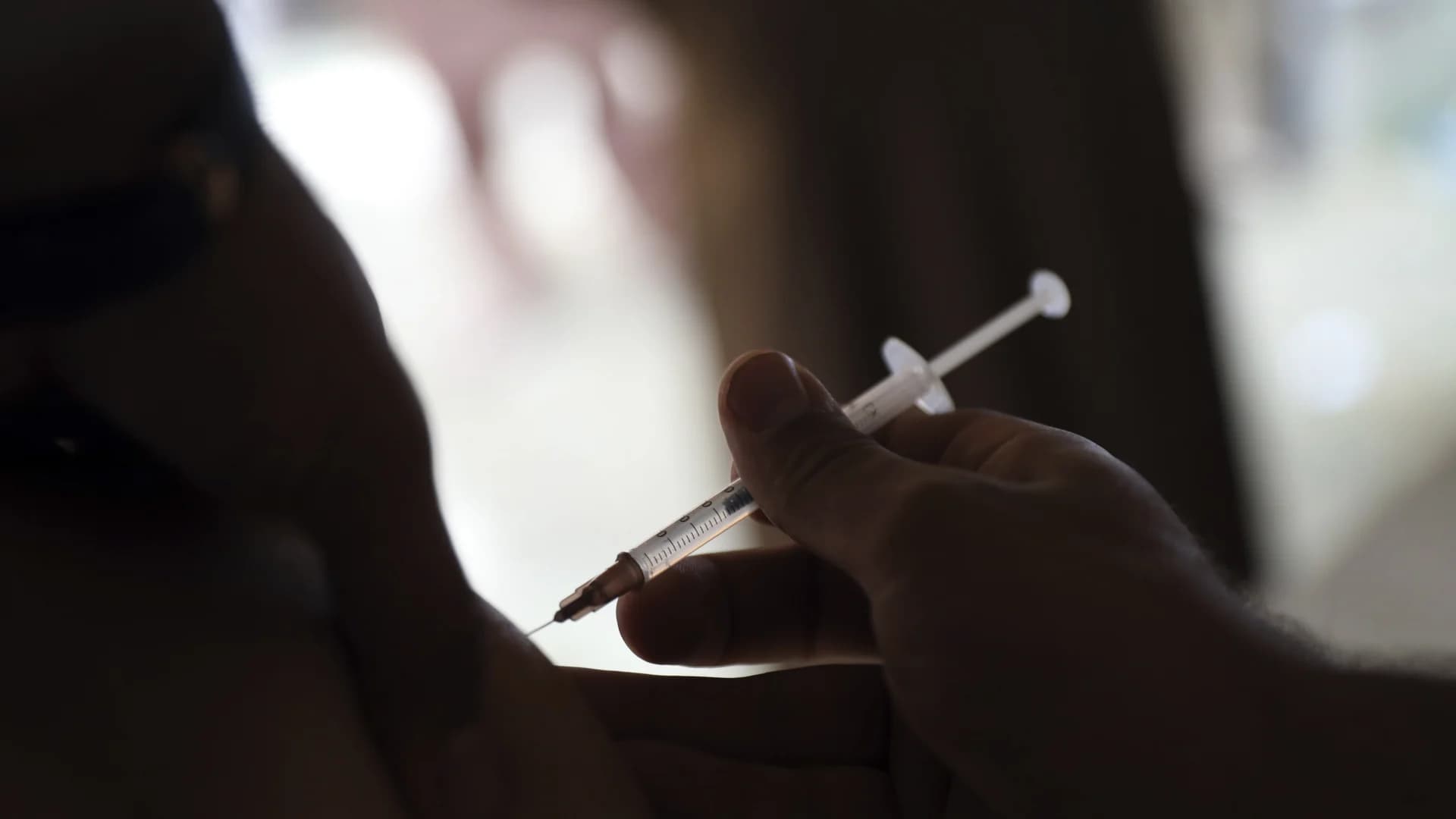
The following information has been written by Sherita Hill Golden, M.D., M.H.S. and published via Johns Hopkins Medicine
Almost one year after the beginning of the coronavirus pandemic, the U.S. Food and Drug Administration (FDA) authorized the first COVID-19 vaccines, and people have started getting vaccinated. You may be considering what the COVID-19 vaccines mean for you and your family.
Getting a COVID-19 vaccine is a personal choice. To support you as you make your decision, here are 12 facts and insights, shared by Sherita Golden, M.D., M.H.S., chief diversity officer at Johns Hopkins Medicine, who specializes in diabetes, heart conditions and patterns of disease in diverse communities.
1. Getting the COVID-19 vaccine can protect you from getting sick.
The COVID-19 vaccines work with your immune system so your body will be ready to fight the coronavirus if you are exposed to it. As the COVID-19 pandemic continues, getting the vaccine is a powerful step in taking charge of your health. When given as directed, the FDA-authorized vaccines can prevent severe COVID-19 and death.
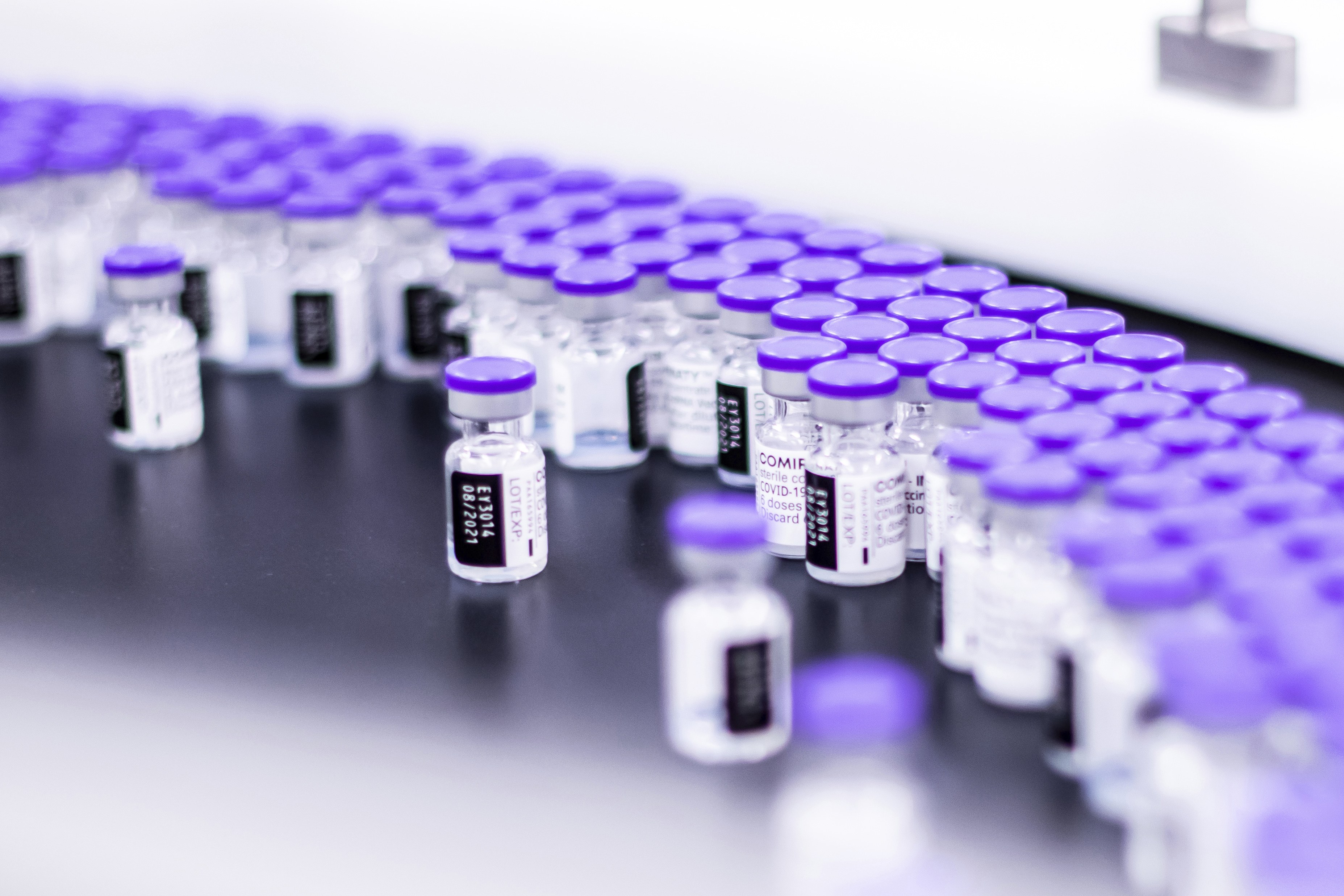
2. People of color are especially vulnerable to severe COVID-19.
Generations of health inequities have caused Black and Hispanic/Latin Americans and other communities of color to be overrepresented in severe COVID-19 cases and deaths. People of color are vulnerable to COVID-19 risk factors, and are more likely to be working front-line, essential jobs that cannot be performed from home, increasing their chances of being infected. Getting vaccinated can provide protection.
3. Getting vaccinated for COVID-19 helps others in your community.
Older people and those living with chronic medical conditions such as heart disease and diabetes are more likely to experience severe — even fatal — cases of COVID-19 if they catch it. The more people who receive the coronavirus vaccines, the sooner vulnerable people can feel safe among others.
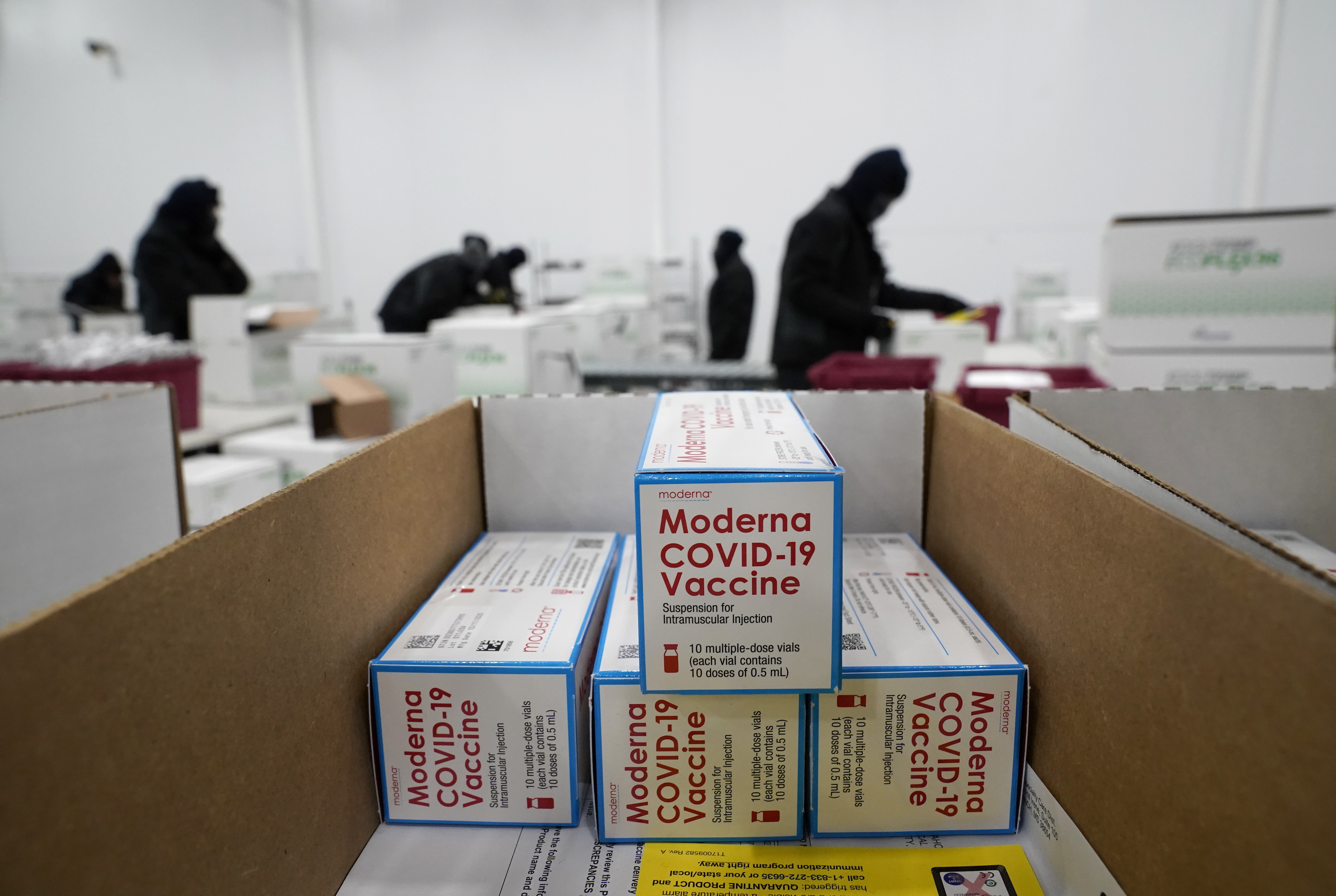
4. More vaccinations for COVID-19 mean a chance to return to normal.
After over a year of coronavirus pandemic closures, cancellations and postponements, everyone is eager to think about returning to work, school, sports, family celebrations and social activities. Though no one is sure when the pandemic will be over, every person who gets protection from the coronavirus by getting a vaccination helps us move closer to normal life.
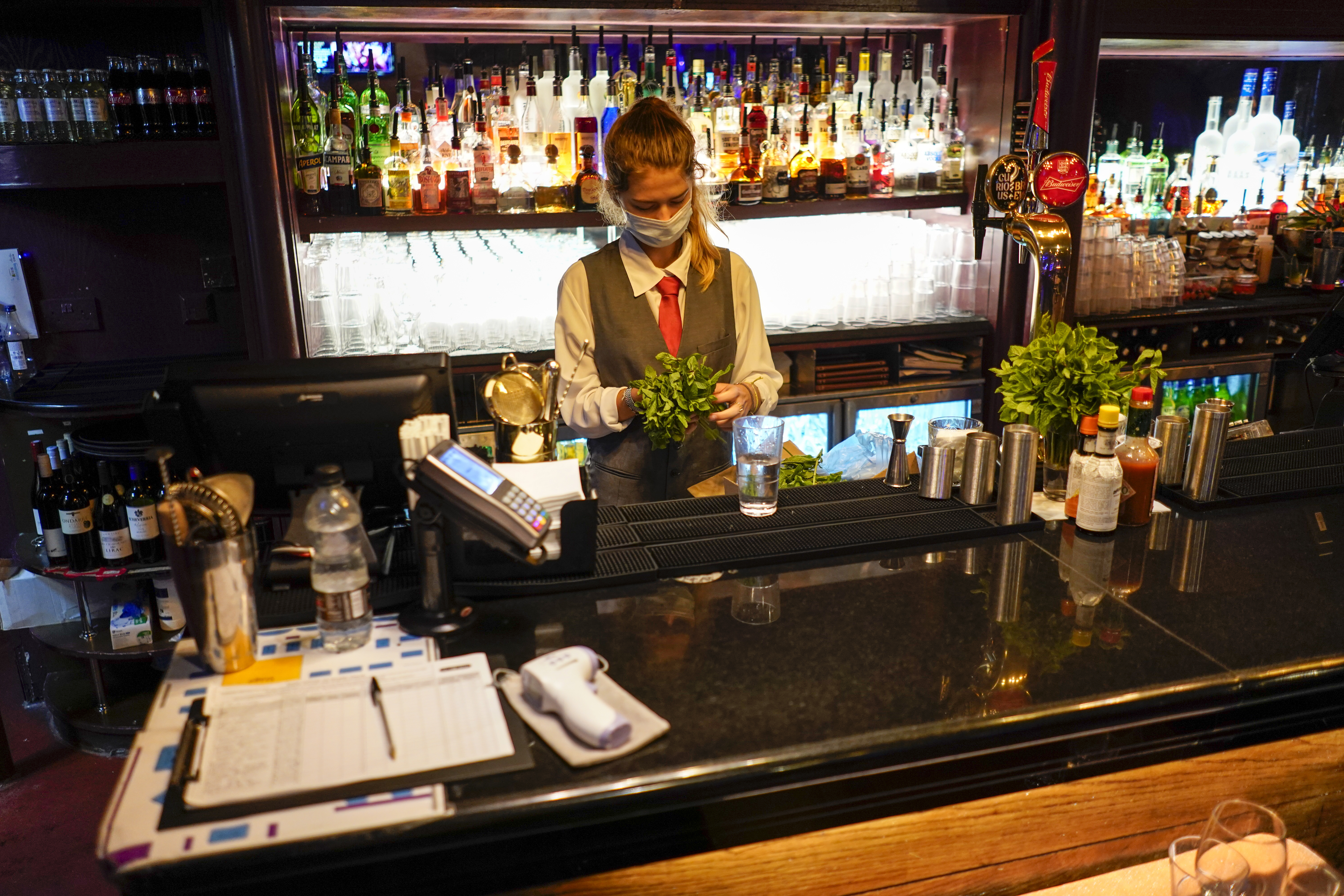
5. Though the COVID-19 vaccine development was fast, it did not skip steps.
The development of the COVID-19 vaccines did not cut corners on testing for safety and efficacy. The vaccines were made using processes that have been developed and tested over many years, and which are designed to make — and thoroughly test — vaccines quickly in case of an infectious disease pandemic like we are seeing with COVID-19.
6. Diversity in COVID-19 vaccine testing helped assess safety and effectiveness.
COVID-19 affects everyone, so scientists made sure clinical trial participants for the vaccines were diverse. The clinical trials for the first two COVID-19 vaccines included Black (about 10% of participants) and Hispanic (about 20% of participants) people, older age groups (about 25%), and people with conditions such as obesity, diabetes, and heart and respiratory conditions. The U.S. study participants for the one-shot COVID-19 vaccine were 15% Hispanic/Latinx; 13% Black/African American; 6% Asian and 1% Native American.
New and future clinical trials will also include pregnant women and children under 12.
7. Side effects of the COVID-19 vaccine are temporary and do not mean you’re sick.
The vaccines do not contain live coronavirus, and you cannot and will not get COVID-19 from getting vaccinated. After the shots, you might experience a sore arm, a mild fever or body aches, but this doesn’t mean you have COVID-19. These symptoms, if they happen at all, are temporary, usually lasting only a day or two. They signal a natural response as your body’s immune system learns to recognize and fight the coronavirus.
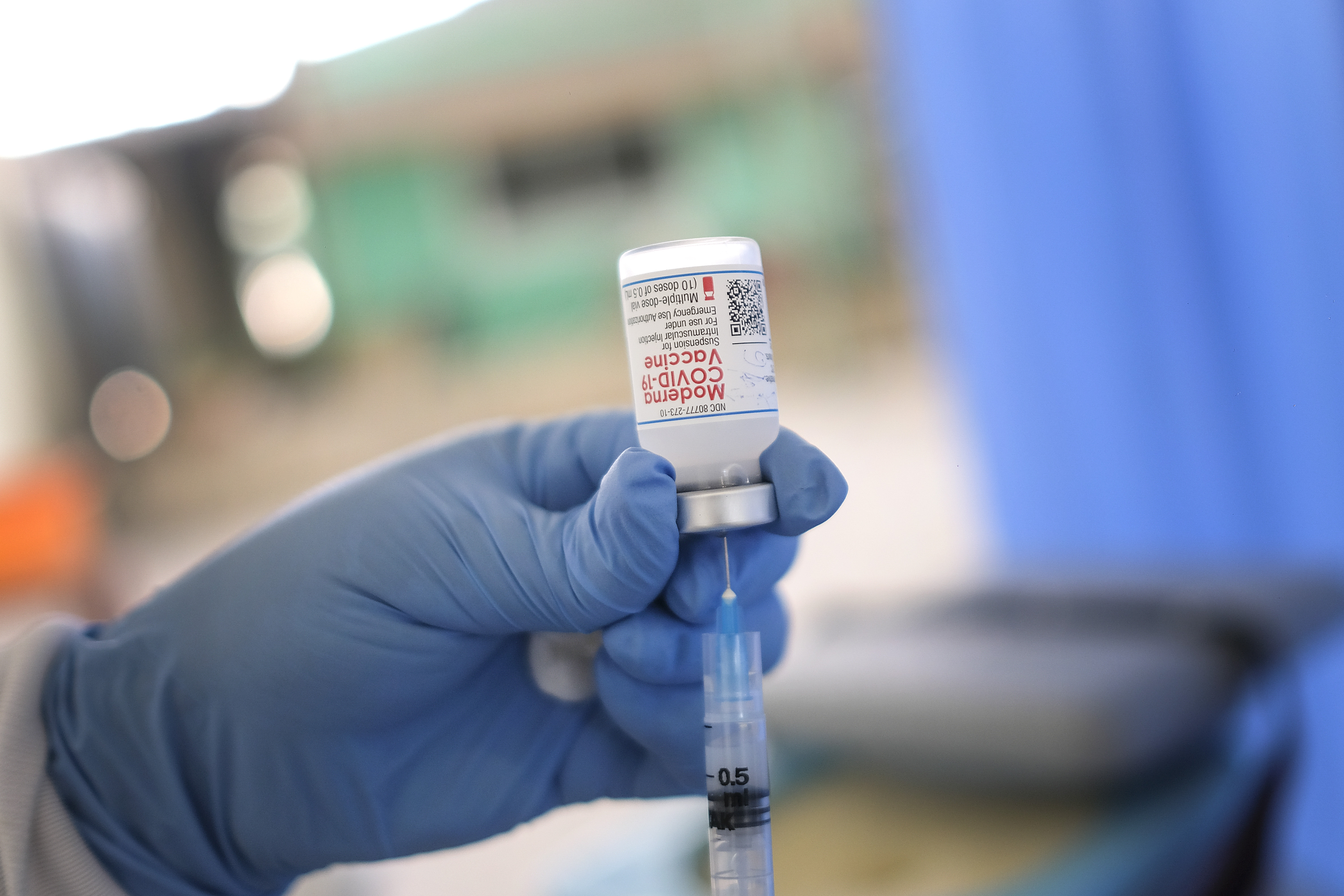
8. Do you have allergies? You can probably still get the COVID-19 vaccine.
The CDC says people with allergies to certain foods, insects, latex and other common allergens can get a COVID-19 vaccine. If you have ever had a severe allergic reaction to a vaccine, be sure to discuss that with your doctor, who can evaluate you and assess your risk. However, if you are severely allergic to any of the coronavirus vaccines’ ingredients, you should not be vaccinated.
9. Here’s what we know about pregnancy, breastfeeding and fertility concerns with the COVID-19 vaccines.
Pregnant women should discuss a COVID-19 vaccine with their doctors. Although the vaccines have not yet been tested in pregnant women, getting COVID-19 while pregnant can be dangerous, so your doctor can help you decide if the vaccines are appropriate for you. The vaccines are safe for breastfeeding mothers, and do not harm a woman’s ability to become pregnant.
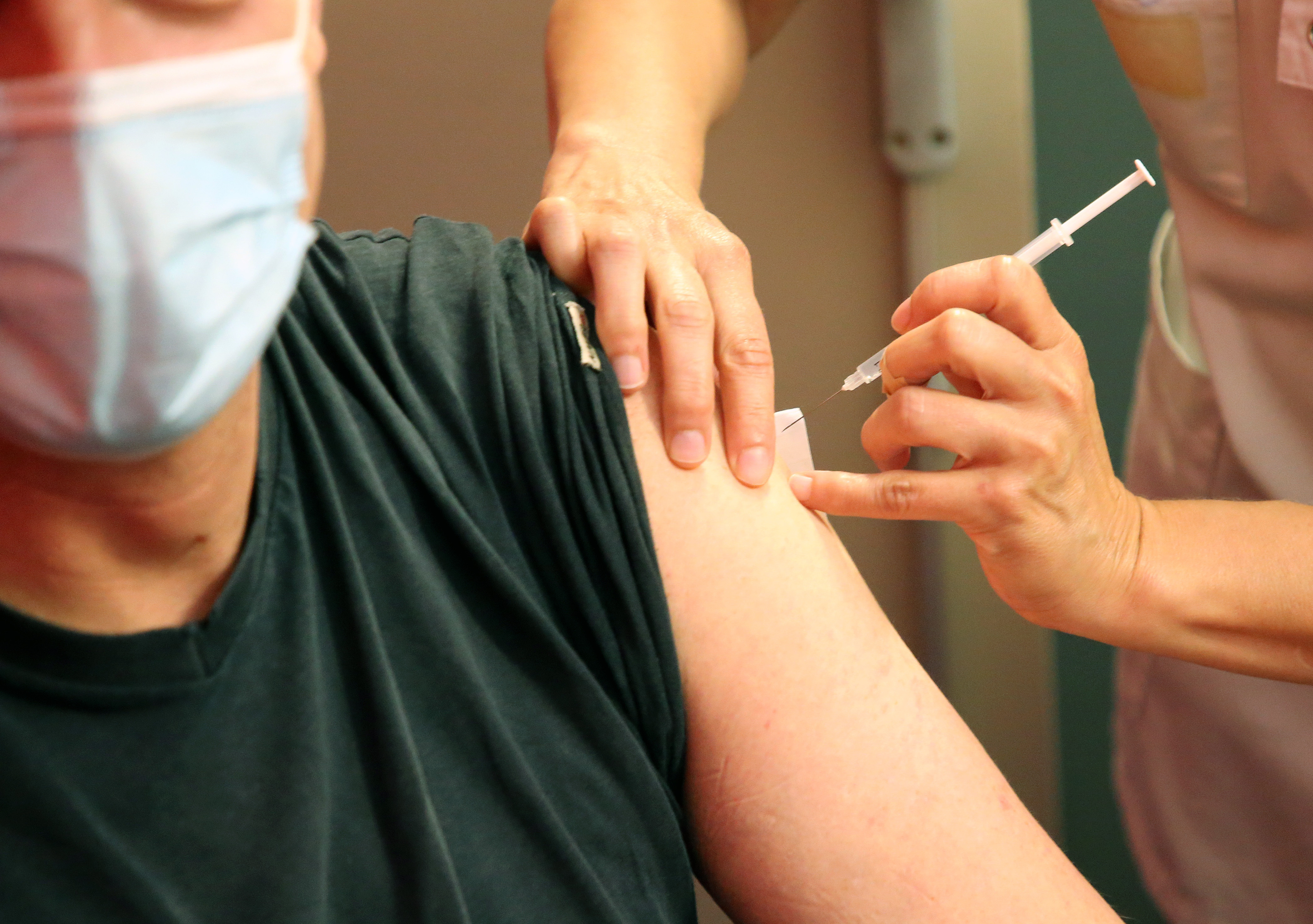
10. If you’ve already had COVID-19, getting the vaccine will add extra protection.
Even if you have already had COVID-19, you can still get a vaccine. Current guidelines suggest that anyone previously infected with COVID-19 should be vaccinated. Some people who have been vaccinated after having COVID-19 have observed a strong immune reaction after the first of the two shots with the Pfizer and Moderna vaccines.
11. COVID-19 Vaccines: Time is of the essence.
Some people are deciding not to get the coronavirus vaccines until more people have had them. Vaccine hesitancy can affect people of all different backgrounds, ages and ethnicities. But waiting too long to be vaccinated allows the coronavirus to continue spreading in the community, with new variants emerging. Severe COVID-19 can be very dangerous: The sooner you get vaccinated, the sooner you are protected.
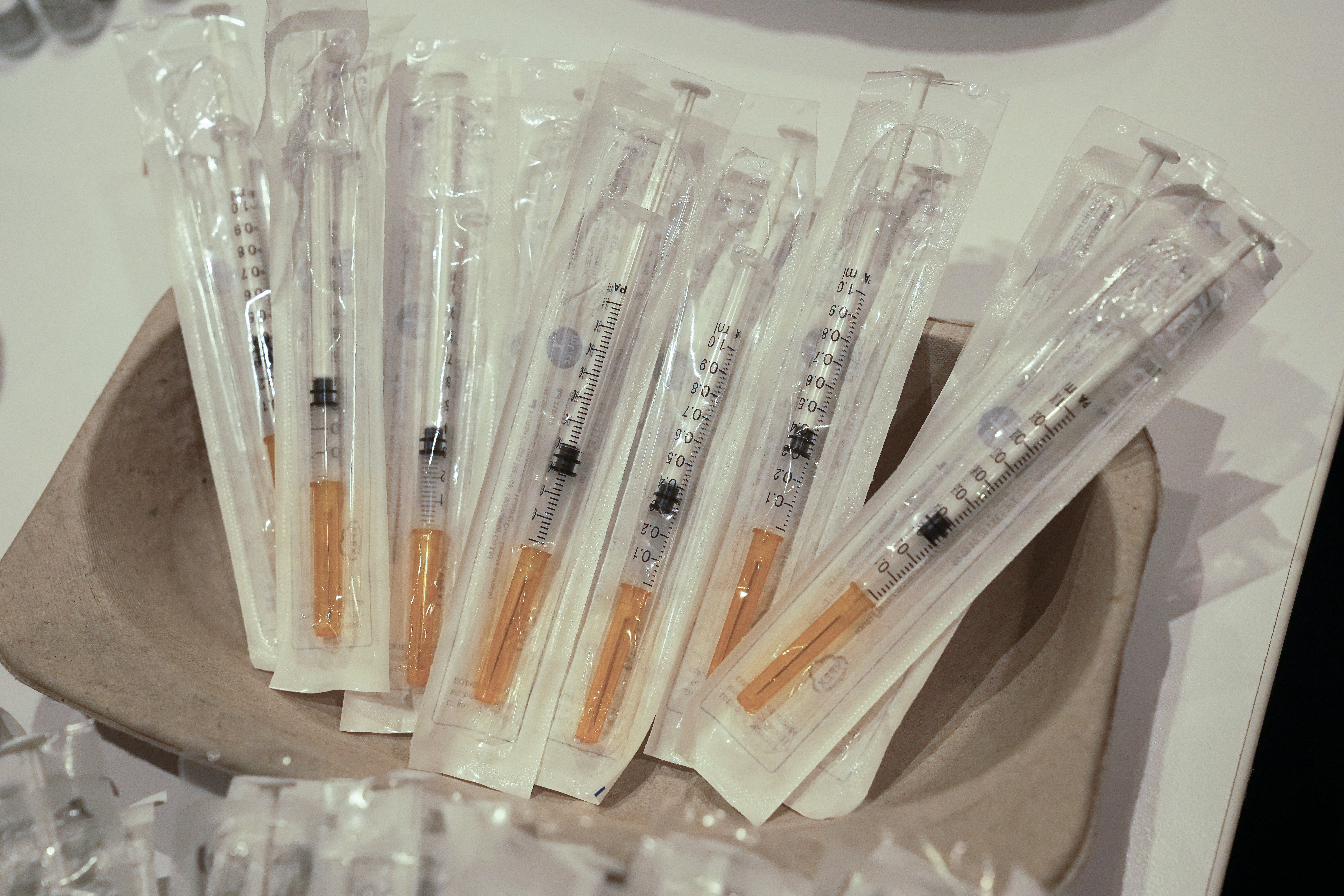
12. Vaccines can’t save lives unless people get vaccinated.
By themselves, the COVID-19 vaccines cannot shorten the pandemic. They can only work when communities agree to receive them. And, even if you are vaccinated, you should continue to wear a mask, wash your hands and practice physically distancing until the pandemic is over.
How can you decide if you should get the COVID-19 vaccine?
Do your research. Take the time to ask questions and learn all you can about the COVID-19 vaccine from reliable sources so you can make the most informed decision about getting vaccinated.
CHECK THE STATS: See COVID-19 vaccination and case statistics
More from News 12
1:50

Drivers across the Hudson Valley were met with messy road conditions
0:13

Yorktown bridge reopens following post-storm damage repairs
2:02

WIND ALERT: Windy, chilly before partly sunny Saturday in the Hudson Valley
0:53

Suka Sushi brings a new way to eat rolls on the go in NYC

Murder in the Hamptons: The Ted Ammon story
1:15
